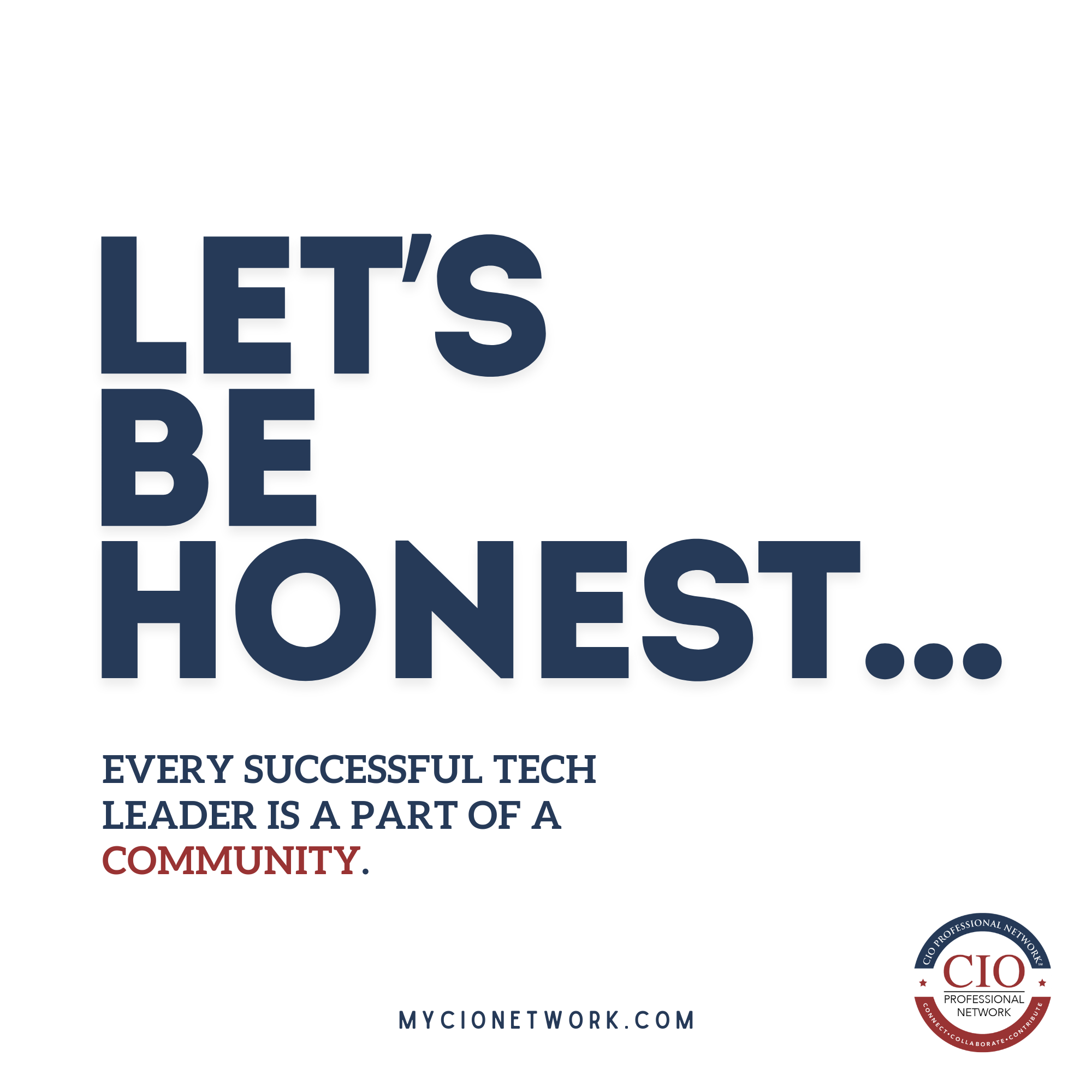Early in my career, I worked for a Medicare HMO. Like many in IT, I focused on uptime, tickets, and tech. Then one day, a physician-president of the organization said something that reframed my thinking:
“You have the potential to really influence outcomes. But you have to understand the why. Your energy, passion, and entrepreneurial spirit can take you far, but if you stay in a silo, it won’t translate to the business, and you will not be heard.”
That moment was foundational.
It taught me that IT isn’t only about maintaining the machine, it’s about understanding the mission.
That insight became the first building block of my leadership approach: Understand the Why.
Make It Count, Not Just Done
After years in industry, I moved into a consulting firm, focusing on digital transformation, to scale my impact. I started in delivery and later shifted into sales and strategy. It was here I began working directly with a wide spectrum of executives and industries to uncover their “why” and connect it to execution.
This phase taught me how to influence revenue through customer experience, intelligent automation, and solutions that actually made sense for the business.
Just as importantly, it was here that I first learned the fundamentals of:
- EBITDA
- Gross profit margin
- Cost of goods sold
- Working capital
Understanding these concepts made me more credible in the boardroom. It allowed me to align initiatives with real business outcomes and build trust across executive teams.
Lay the Foundation for Scale
Returning to the CIO seat at a public building solutions firm focusing on critical infrastructure, I knew what came first, get the house in order.
Things like:
- Cloud migration
- Platform consolidation
- Cybersecurity readiness
These may not be glamorous, but they’re essential. Do them well, and people start listening. That’s when real strategy begins.
Drive Impact with Clarity
Once stable, the next challenge is translating capability into business value. That means process excellence, throughput gains, and outcome-oriented automation.
You start to shift from running the machine to strategy.
You begin solving for impact, on the customer, the balance sheet, and the frontline. You ask, “Are we enabling growth? Are we improving margin? Are we building agility?”
Technology becomes more than support, it becomes leverage.
Build Builders
The final piece isn’t only about what you do. It’s about what others learn from it.
If you want transformation to stick, you must institutionalize your approach. That means:
- Building repeatable models
- Teaching teams to seek the “why”
- Connecting daily work to business outcomes
You’re doing more than just solving problems; you’re growing people who solve problems. The evolution of IT continues when order takers become proactive partners.
Trusted insights for technology leaders
Our readers are CIOs, CTOs, and senior IT executives who rely on The National CIO Review for smart, curated takes on the trends shaping the enterprise, from GenAI to cybersecurity and beyond.
Subscribe to our 4x a week newsletter to keep up with the insights that matter.
The CIO’s Blueprint: Five Repeatable Levers
These building blocks aren’t theoretical. I’ve built them firsthand in healthcare, professional services, and building solutions, as well as across other sectors in my consulting work:
1. Understand the Why – Anchor work to the business purpose
2. Deliver Outcomes – Build credibility through aligned execution
3. Lay the Foundation – Ensure stability before scale
4. Drive Impact – Connect tech to business value
5. Build Builders – Equip others to scale your vision
Five Leadership Questions to Revisit Often
I keep these in my “CIO Pack”, a mental checklist I revisit regularly.
- Purpose – Do I understand the business objective behind what we’re delivering?
- Outcomes – Are we solving for measurable value, not just outputs?
- Foundation – Are systems and teams stable enough to scale?
- Clarity – Is our work aligned to strategy, not just effort?
- Scalability – Are we empowering others to lead and build?
The Wrap
If you’ve lost the why, recalibrate. If you’re delivering but not influencing, step back. We all get busy. Sometimes we chase too much at once and drift from the mission, I know I have.
That’s natural.
The strength lies in recognizing when the work has shifted from aligned to fragmented. That’s where opportunity starts.
A leader doesn’t just respond, they reflect, realign, and build again, better. So ask yourself:
- Are you anchored to the why?
- Are you delivering outcomes?
- Is your foundation strong?
- Are you driving clarity?
- Are others empowered to build?
These are the questions I return to in every stage of the journey. The best outcomes come from clarity of purpose and disciplined building.
Lead with the why. Build with intent. Help others do the same.






